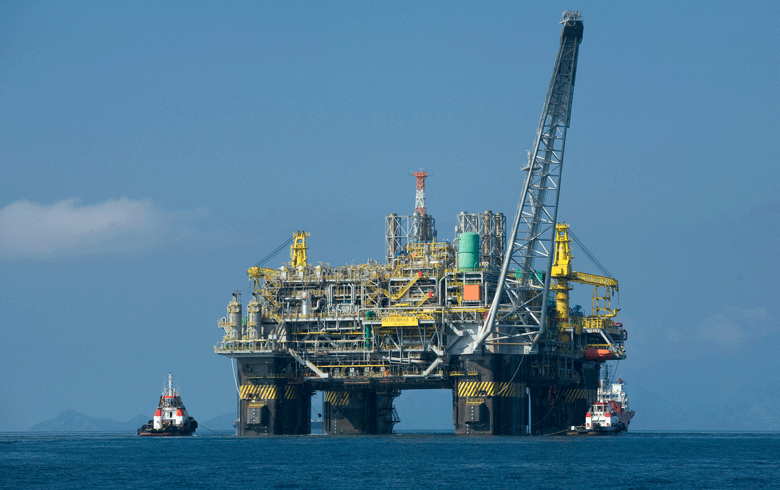I’ve had the privilege of serving churches along the Southern Maine coast for over 30 years. During these years, I’ve also had the privilege of traveling to many parts of the country and the world beyond, often leading groups on pilgrimage or mission trips.
I’ve encountered compassionate, wise, and just people in every single community, and I’ve encountered the breath-taking and awe-inspiring work of God’s hands in both the faces of the people as well as in the natural world.
And yet, as far as I’ve traveled, there is no place where I’ve encountered more amazing people or more awe-inspiring beauty than right here in Maine. I love Maine, I love its people, and I love its landscapes from the majestic mountains to the rocky coast—and everything in between.
I can only imagine the grief those coastal communities felt as they watched thick oil sludge…
But the people of Maine—especially those who live along the coast—and the breathtaking beauty of our shores are at risk. I recognize the holy and intricate nature of this remarkable coastal ecosystem, and I’m compelled to speak out about the danger facing our communities. I join with other faith leaders and scientists to raise awareness about this real and tangible threat.
Twelve years ago, BP’s Deepwater Horizon oil rig spewed 200 million gallons of toxic oil into the Gulf of Mexico. I can only imagine the grief those coastal communities felt as they watched thick oil sludge turn the fertile wetlands and vibrant shores they had known all their life into a toxic waste zone.
Faith leaders guided those communities through the difficult months and years following the disaster, and now we must speak out to prevent an oil spill disaster like this from coming to Maine’s coast. Despite knowing painfully well the devastation that oil spills can cause to communities, it was proposed just three years ago that our own coastal waters in Maine be opened for new offshore drilling.
The perilous consequences of dirty and dangerous offshore drilling, like oil spills and climate pollution, poison God’s creation. It is well documented that oil spills can wreak havoc on ecosystems, local businesses, and residents alike. God created the oceans with an abundance of life, and as stewards of God’s earth, we must protect our shared home.
Our oceans provide food sources and livelihoods for millions in the U.S., and our clean coast economy here in Maine supports around 60,000 jobs through activities like fishing, tourism, and recreation. From Acadia National Park to Kennebunkport, our sandy beaches, rugged coastal bluffs, and charming seaside towns would be threatened by caustic oil spills if offshore drilling came to our coasts.
Offshore drilling also generates greenhouse gas emissions that cause climate change. Any new oil and gas drilling offshore inevitably increases climate pollution. The climate crisis is already wreaking havoc here in Maine as increasingly extreme weather expands its costly impact, and as these climate catastrophes become more frequent, their impacts will continue to disproportionately affect under-resourced communities.
Instead of extracting more of the resources that threaten God’s creation, we must use the abundant renewable resources we’ve been provided to power a clean energy future. By harnessing the wind and sun, we can ensure that future generations will continue to share in God’s bounty.
Our U.S. senators have been important champions for protecting our coast from dirty and dangerous offshore drilling in the past, but this dire threat remains unresolved. Sens. Collins and King both cosponsored the New England Coastal Protection Act, which would have protected Maine by banning the expansion of drilling off our coast. That bill did not make it out of Congress, but they could soon have another opportunity to protect Maine’s shores.
In November, the House of Representatives passed a budget reconciliation bill that would have protected the Atlantic, Pacific, and Eastern Gulf of Mexico from offshore drilling. As the Senate negotiates its own budget reconciliation bill, there is a real possibility to enact these provisions.
I, along with the Maine Council of Churches, urge Collins and King to fight for Maine’s coastal communities by ensuring budget reconciliation ends new leasing for offshore oil drilling in the Atlantic and Pacific Oceans, and in the Eastern Gulf of Mexico.
Rev. Lambert is ordained in the Congregational, United Church of Christ and has served congregations in Kennebunkport, South Berwick, Portland, and Buxton. She currently serves as vice president of the Board of the Maine Council of Churches.





